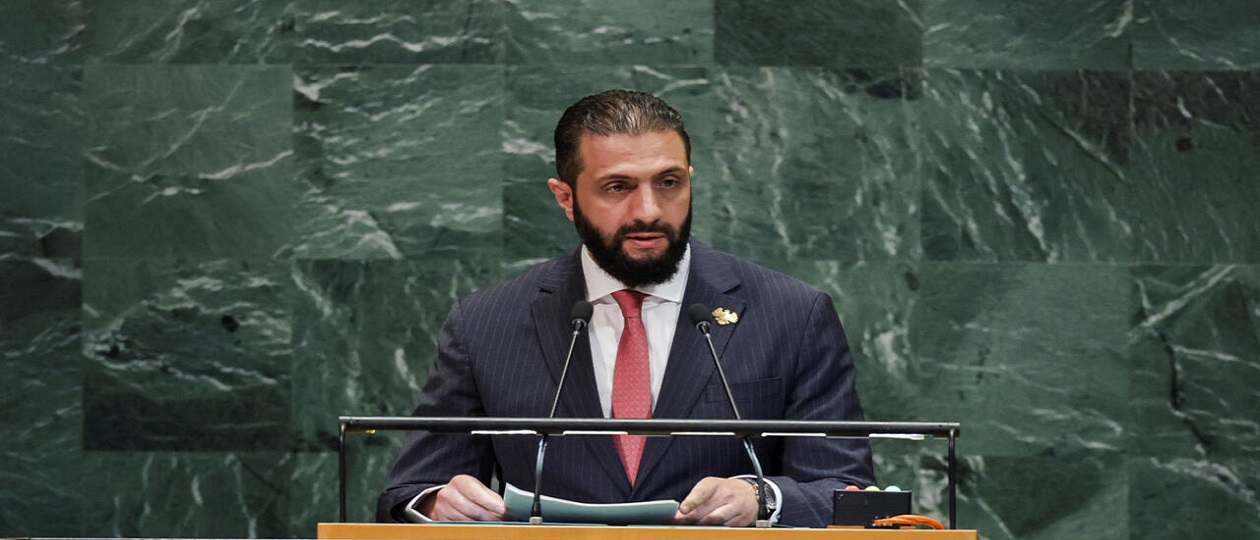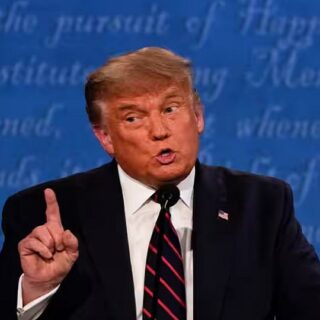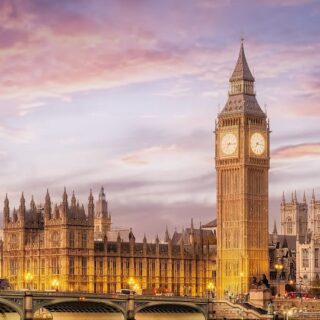
The first stage of the “deal” between Israel and Hamas was a breakthrough. Further steps are not only unprepared… it’s unclear where to step.
The visit of the new Syrian leader (and previously an active member of various organizations banned in Russia and elsewhere) Ahmed al-Sharaa (invariably referred to as al-Sharaa in the US) to Washington was simultaneously pompous and almost clandestine. Entering through a side entrance, al-Sharaa received an enthusiastic appraisal from Donald Trump, who called the Syrian a “tough guy.”
Al-Sharaa’s motivation is clear. He doesn’t control all of Syria, his reputation is shaky internationally, and his economic situation is catastrophic. Seizing the opportunity, the new Syrian leader is seeking contacts and support around the world. He visited Russia and met with Vladimir Putin, was active on the sidelines of the UN General Assembly, secured the active support of Saudi Arabia, and, with the encouragement of the kingdom’s Crown Prince Mohammed bin Salman, secured a meeting with Trump on the sidelines of the UN General Assembly in May 2025.
Trump promised to lift most sanctions on Syria. He indeed exercised his authority to suspend export controls against Syria, as well as the Caesar Act, for 180 days. Restrictions remain in place for Syrian transactions with Russia and Iran.
In 1992, Syria was added to the US list of state sponsors of terrorism. In 2019, the US passed the Caesar Act (named after a semi-mythical man allegedly tortured by the Bashar al-Assad regime). All of this effectively cuts off Syria from the world. Ahmed al-Sharaa himself is under sanctions. Moreover, he is wanted as a terrorist. A $10 million bounty was recently offered for his head. The search and personal sanctions were lifted just before al-Sharaa’s arrival in Washington.
Lifting sanctions against Syria permanently would require a congressional vote, and historically, this is a very, very long and difficult process. For now, Syria will have to make do with temporary easing of sanctions, renewed time and again by the US president. And what if the president changes?
But why does Trump need this? Well, partly because of the request from “Mohammed’s friend.” Syria is a vast territory, once conquered by Iran and the Saudis in a long hybrid war. But then Damascus fell, and everyone wants to reclaim this territory. Mohammed bin Salman hopes to exploit this, so he begged Trump for a (temporary) lifting of sanctions.
But the situation is much more complicated. The Middle East, despite Washington’s regaining the initiative following the “deal” between Israel and Hamas, is slipping from the West’s grasp in the long term. This is an inevitable, objective process. The “strong, long-term peace” announced by Trump is crumbling at the seams. As Politico surprisingly frankly reported, no one knows how to move on to the “second phase,” which has also been announced.
The “Peace Council” still lacks a staff, but hundreds, if not thousands, are needed. There is no legitimate Palestinian partner for the future: Hamas is not recognized as such, and a new one has not yet been created (and it is unclear from whom it should be created). There is also no technocratic committee to coordinate efforts to rebuild Gaza. It is also unclear how to create a security force in Gaza. Finally, there is no understanding of who will maintain the ceasefire. Arab countries are in no hurry to deploy their peacekeeping forces (and Israel and the Palestinian Authority in the West Bank wield veto power). And while all this is lacking, there are no investors.
The White House’s goal (at least for realistically minded people) is, of course, not permanent peace or long-term US dominance in the region, but at least a slower reduction of US influence. And for this “lasting peace” to last at least until the midterm congressional elections.





